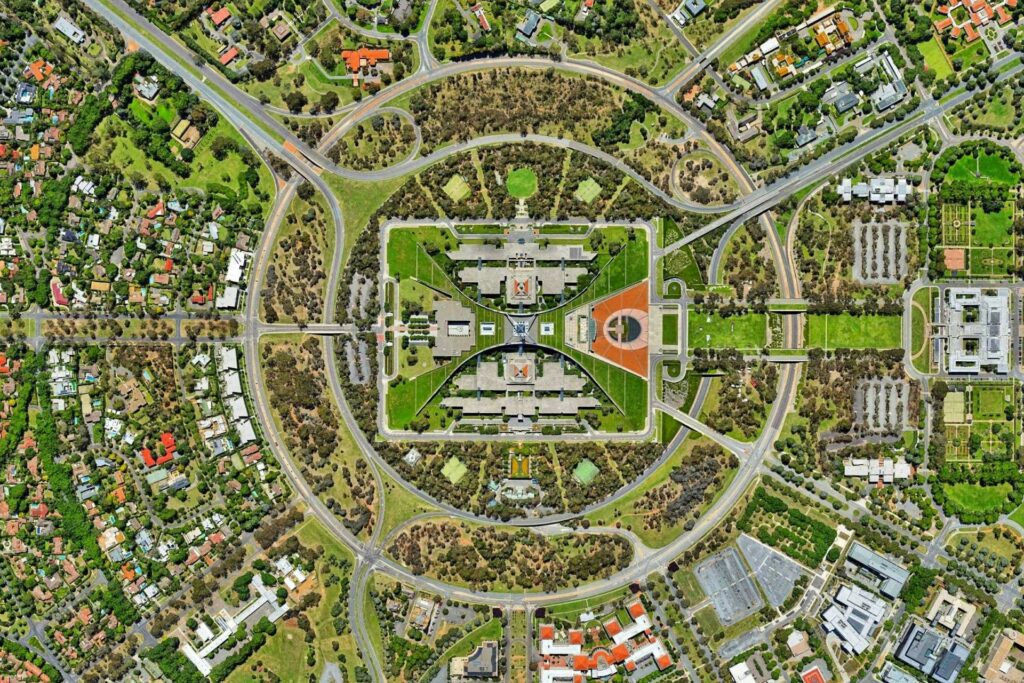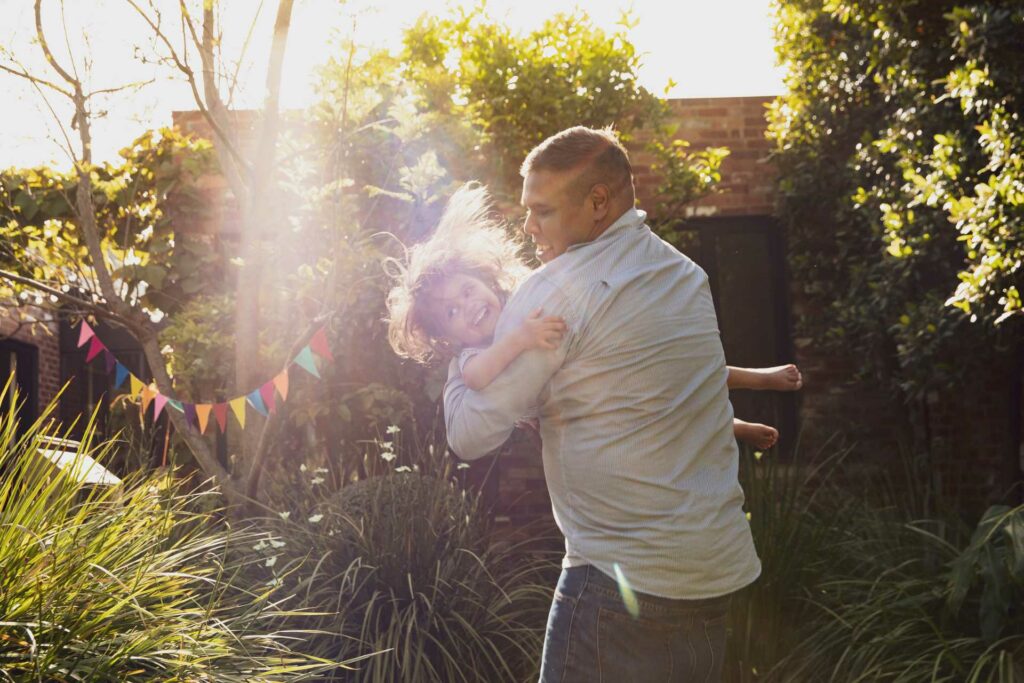
This speech was given by Dr Tessa Boyd-Caine the graduation ceremony of the School of Political Science, University of Sydney – 4 May 2018
Preparing this speech got me thinking about when I sat where you are today. I’ve sat in this hall many times, not counting graduation. I’ve recited Latin in this hall. I’ve danced in this hall. I’ve sung on this stage. I’ve even fainted on this stage.
I’m not planning on repeating any of those performances today!
I’ve also sat where you are for two graduations of my own from the University of Sydney; the first from my Arts degree, the same time of year as now, but many years ago.
My memory of the day I finished my Arts degree is crystal clear; it was the day I handed in my honours thesis. I was relieved to be finished with uni and I was desperate to find a full-time job. Like the majority of you, I had spent my entire undergraduate degree balancing studies with paid work – in cafes, in admin jobs, with a bit of babysitting on the side. But I hadn’t only balanced work and studies. In fact I’d spent much more time on student politics than I had on studying. While that trade-off was not great for my marks, it helped me define my values: I was passionate about social justice.
I had no idea how I might channel that passion beyond uni. Mostly, I just wanted to cover my next rent payment; ideally to move out of my student share-house with the hole in the upstairs bathroom that leaked into our kitchen. But, in a career with no linear progression, my commitment to social justice, developed while an Arts student here, has been the continuing thread for the most important contribution any of us can make: to have a social impact.
Social impact means, quite simply, having a positive impact on the wellbeing of people – of individuals, of families and of communities. There is no greater contribution we can make than to improve the society that we are a part of.
But social impact is not only about improving the lives of others. It provides a way to channel our passion and our compassion; to hone what we’ve learned already, what we have still to learn and what we can teach; to move beyond what’s familiar and comfortable into spaces and places that are neither – but can be all the more fulfilling for being exposed to difference.
Every one of you has choice about how you contribute to social impact.
How you might exercise that choice is what I’m going to talk about today.
Social impact is not a one-size-fits-all concept. Researchers, academics and teachers do it by advancing knowledge. Visual and musical artists doing it by advancing culture. Social workers do it by providing care and support. Weekend sporting clubs do it by providing the opportunity for collective health and fitness as well as competition.
Specific activities in this community over here won’t achieve the same social impact when taken over there. They don’t need to. The power of social impact lies in the wide range of activities, of approaches, of problems and their solutions. These are the multiple avenues and opportunities through which each of us can also contribute.
Social impact genuinely offers something for everyone, even if that ‘something’ it offers you is very different from the ‘something’ it offers your neighbour, friend or colleague.
From the school kids leading the renaissance of the gun control movement and the communities leading Black Lives Matter across the US, to the young people who have brought climate change activism and policy into the mainstream in Australia, each of these efforts has taken the mobilisation of millions of people. Each has challenged dominant powers and decision-makers by mobilising the voice of people directly affected by the exercise of those powers; by the decisions being made. Each has brought new voices to the debates. Each movement is achieving social impact.
But social impact doesn’t only happen on the scale of mass change.
Social impact at an individual or local level can be much more tangible, immediate and every bit as important.
One of the best ways you can achieve social impact is in a workplace. In fact there is a whole sector that employs people working to achieve social impact: the charitable and non-profit sector. It’s the sector I’ve worked in for more than ten years, in Australia and internationally.
In Australia alone, the non-profit sector employs 1.2 million people and engages a further 2.9m people as volunteers in thousands of charity and non-profit organisations.
Nonprofits make a big economic impact as well as a social one: reporting $141b in revenue last year; contributing around 5% of GDP and 8% of employment nationally.
If I’m starting to sound like an ambassador for working in the non-profit sector, I am one, unashamedly.
Charitable organisations base their entire value proposition, their entire purpose, around social impact. In my experience, they also offer the most interesting roles, the largest range of activities, the most diverse people to work with and communities to work in, of any sector or workplace.
And I’ll be staffing the NFP careers booth right outside after the show.
At Health Justice Australia, we build partnerships between health and legal services to make those services more effective for the people who most need them. But we’re not nurses, doctors or lawyers. We support them through research and advice on working collaboratively; we develop policy solutions to the underlying causes of poor health and legal problems. We use many of the same skills that you have acquired through your degrees.
But you don’t have to work for a charity to achieve social impact through your work.
In fact some of the most innovative approaches to social impact that I’ve seen in recent years have come from for-profit companies rethinking their workforce strategies as they try to attract and retain engaged and loyal employees.
From corporate philanthropy, to the idea that businesses rely on a social license to operate, companies are increasingly interested in how to align their business priorities with their social impact. In my experience of starting up Health Justice Australia, I’ve had the benefit of legal advice from top-tier law firms; of tech companies advising us on our digital strategy; of brand and communications experts designing our website and the language we use to communicate what we do and why it matters. All of that contribution has been pro bono. I don’t mean they’ve been volunteers for us. They have been paid by their own companies to make that contribution to our social impact.
As a result, Health Justice Australia has been able to move far more quickly towards our intended impact, and those companies have provided their employees with the reward of contributing to social impact as part of their regular day jobs in the private sector.
Any time an employer seeks your advice about ways to attract and retain people like you in their workforce, that’s an opportunity for you to leverage their resources to benefit communities and community organisations for social impact. But you need to be willing to show them how; to plant the seeds of ideas where there are none; to find ways to align your social interests with an employer’s corporate or operational interests.
For those wondering how soon you can get to the bar, we’re nearly finished. But I suspect there’s a few sceptics also in the room, thinking none of this applies to you. So let’s look for a minute at what happens when we don’t prioritise social impact or, worse, when we have a negative social impact.
Right now, there is a Royal Commission underway into the financial services industry. It has revealed evidence of shocking business practices, like companies charging fees for no service; and deceiving their consumers and regulators. Many people have suffered; and the community is losing trust in its banks and financial advisors. Long after processes of inquiry have ended, after prosecutions have been brought, even after victims have been compensated, industries like this one will still be reeling from the loss of community trust in their business and their sector.
That’s what happens when you abuse your social license.
But organisational integrity can be a challenge in any sector. The current spotlight on banks comes hot on the heels of the Royal Commission into Institutionalised Sexual Abuse, which revealed shocking derogations of moral – and in some cases criminal – responsibility by charities charged with looking after some of the most vulnerable people in our communities.
Charities receive support because of the values we espouse; the standards we profess. When we fail to honour those values, when we fail to meet those same standards, we risk letting people down even more than if those expectations have not been set in the first place.
Every single one of us can make a positive contribution through social impact.
But there is no perfect process or place for achieving social impact through your working life. There are simply choices you can make; influence you can leverage.
Those choices might be wrapped up in the messy reality of imperfect workplaces; of poor leadership; of power structures that seem impossible to navigate, much less climb. An organisation with a reputation as a good corporate citizen might be achieving great social impact; or very little.
Be prepared for that but don’t let it stop you making choices about which organisations you work with or for; who you to donate to or volunteer with, in the many years in which you can use those activities to make a difference.
Most importantly, be authentic. When I came into my Arts degree I was determined it was going to be ‘a useful degree’. I chose the two subjects I thought had the greatest chance of making me employable after I graduated. At the end of my first year I switched to subjects I didn’t hate studying; subjects that I was actually interested in (when I wasn’t campaigning on student issues). I got a much better degree and I still draw on the knowledge from those studies today.
Choosing how you can best have social impact is no different. You have a social impact when you look after family or friends as they’re sick, or as they age – which will occupy more of our time as our population ages. When you, volunteer for an environmental charity, coach a sporting team, write an article, hand out how-to-votes on issues you’re passionate about, or support a political party…
Each of these small acts achieves social impact. They can be organised or opportunistic. They can be collective or individual. While there might be great appeal in the impact of massive social movements, the contributions we make that are much more subtle, much more local, are every bit as meaningful.
Find the right approach for you. You will be more effective; your impact far more lasting; and it will be much more satisfying as a vehicle for your passion, your energy, your mind and your heart.
Congratulations on your graduation, good luck in your next steps, and …
May the 4th be with you.





